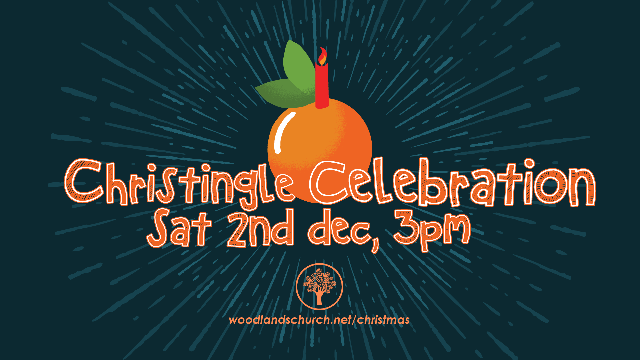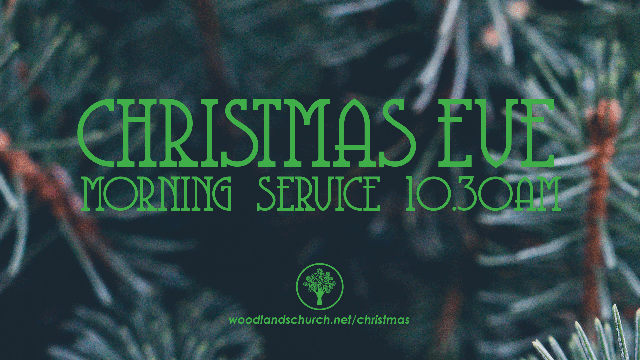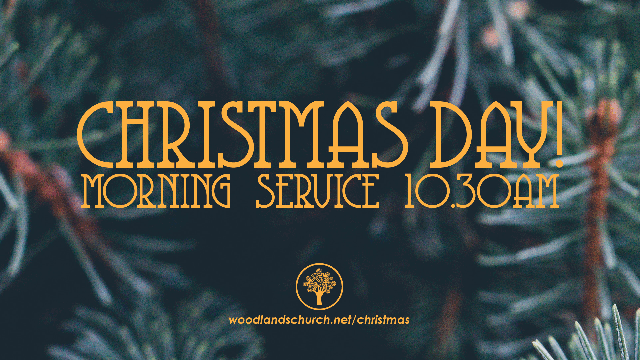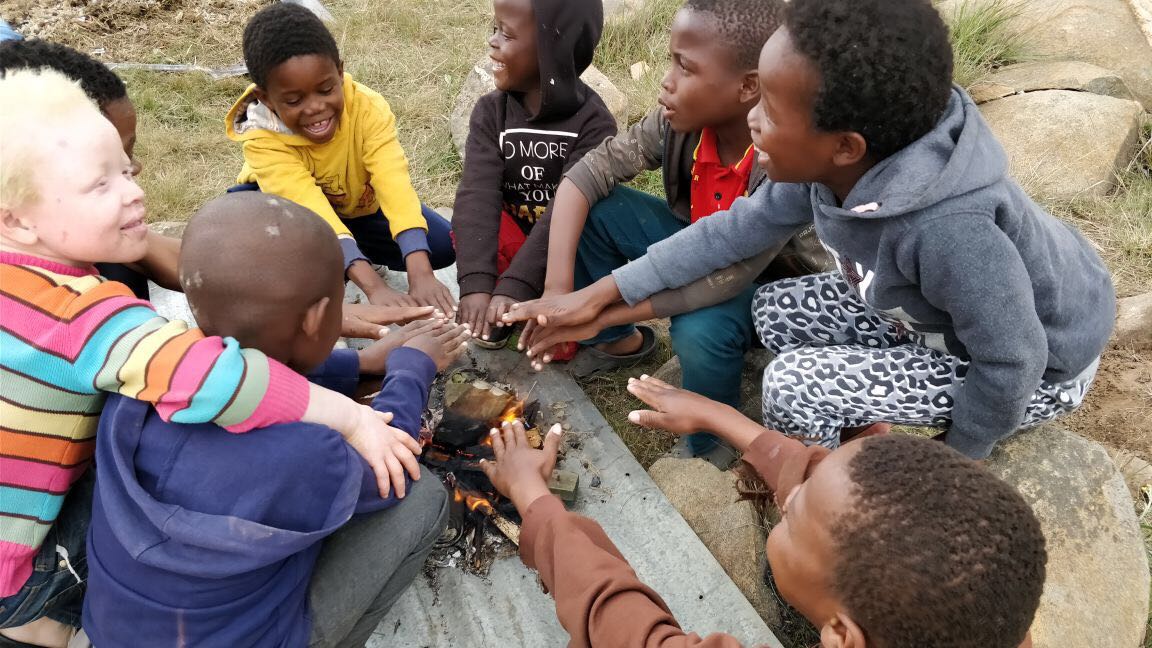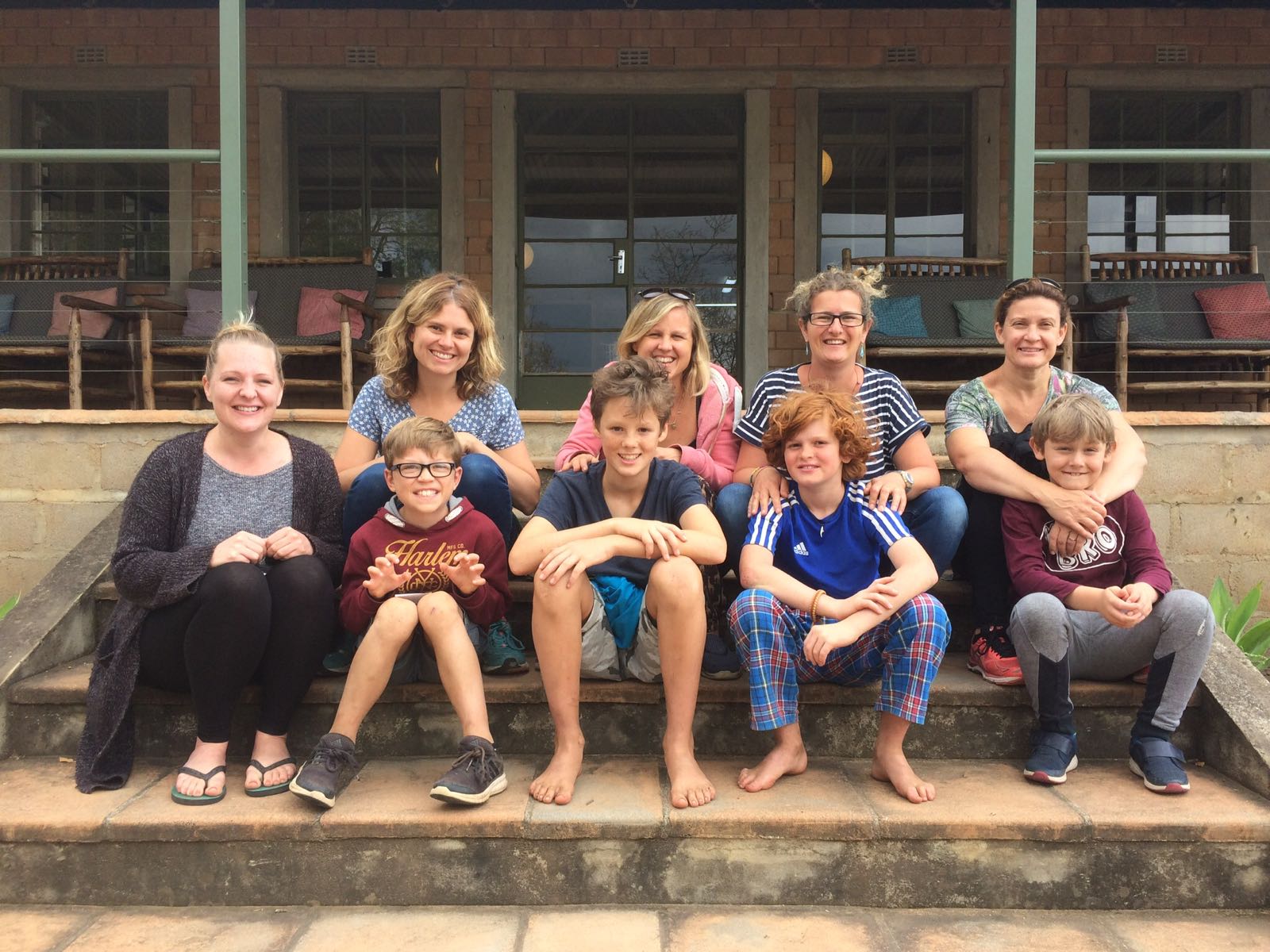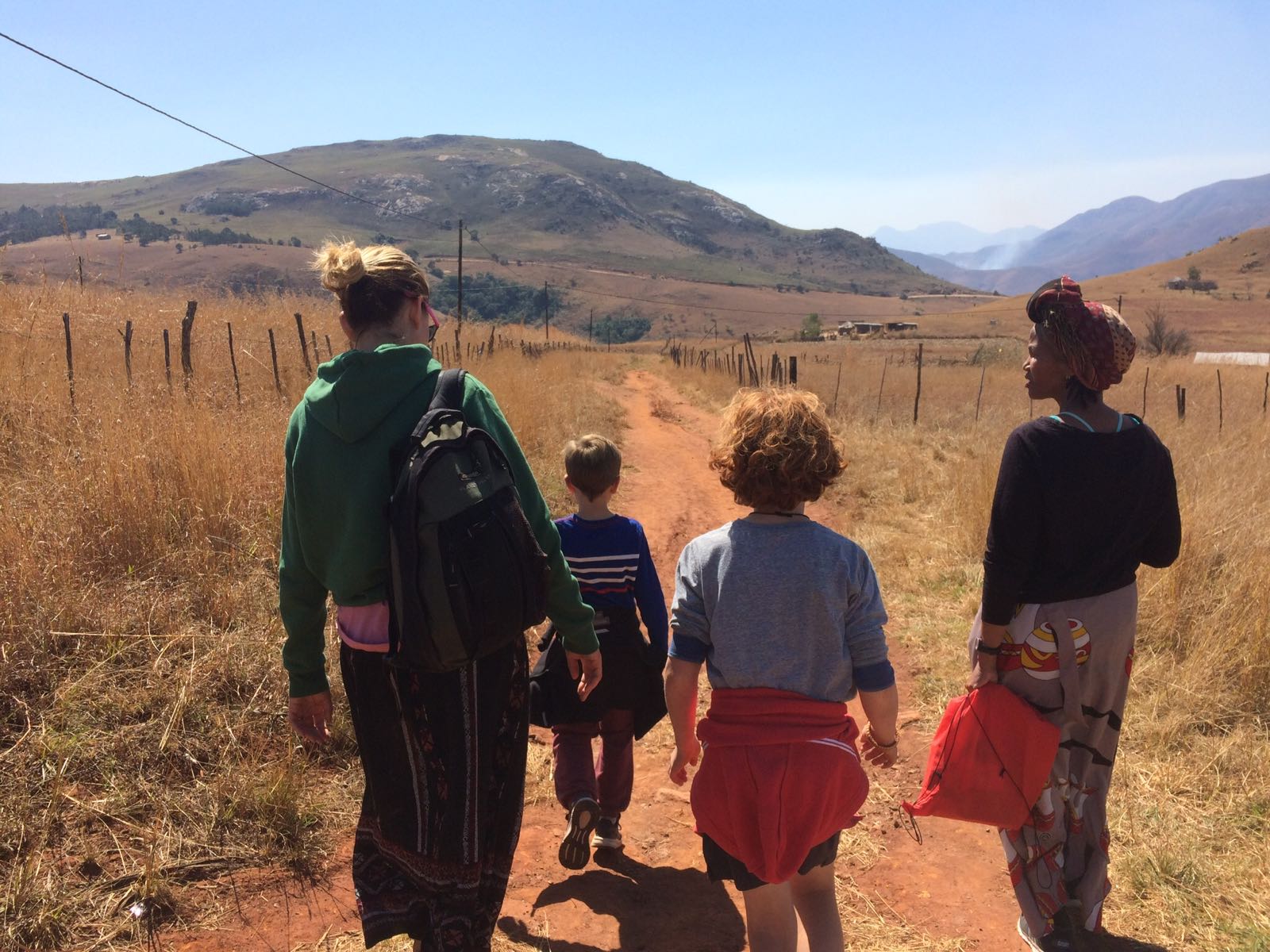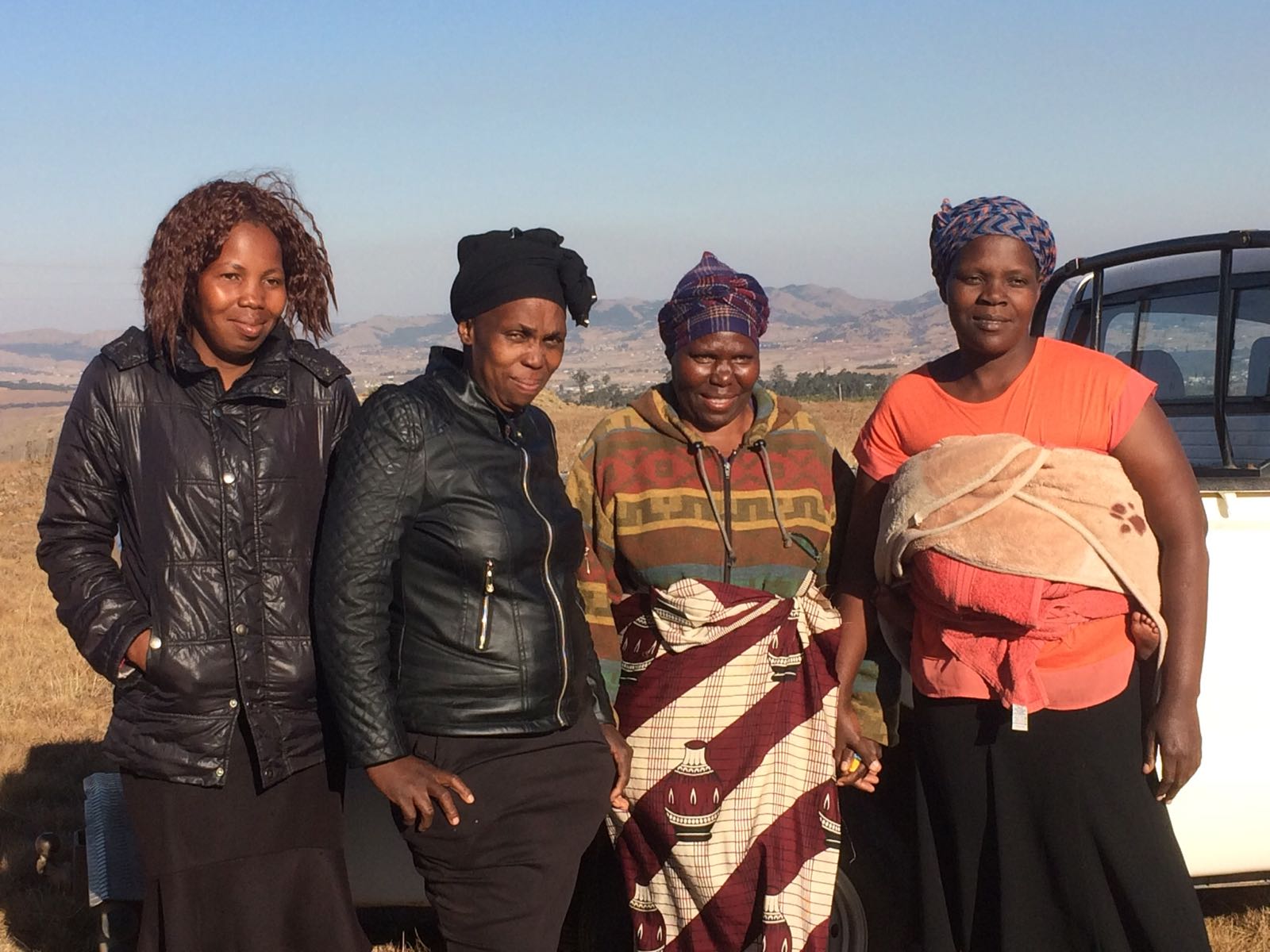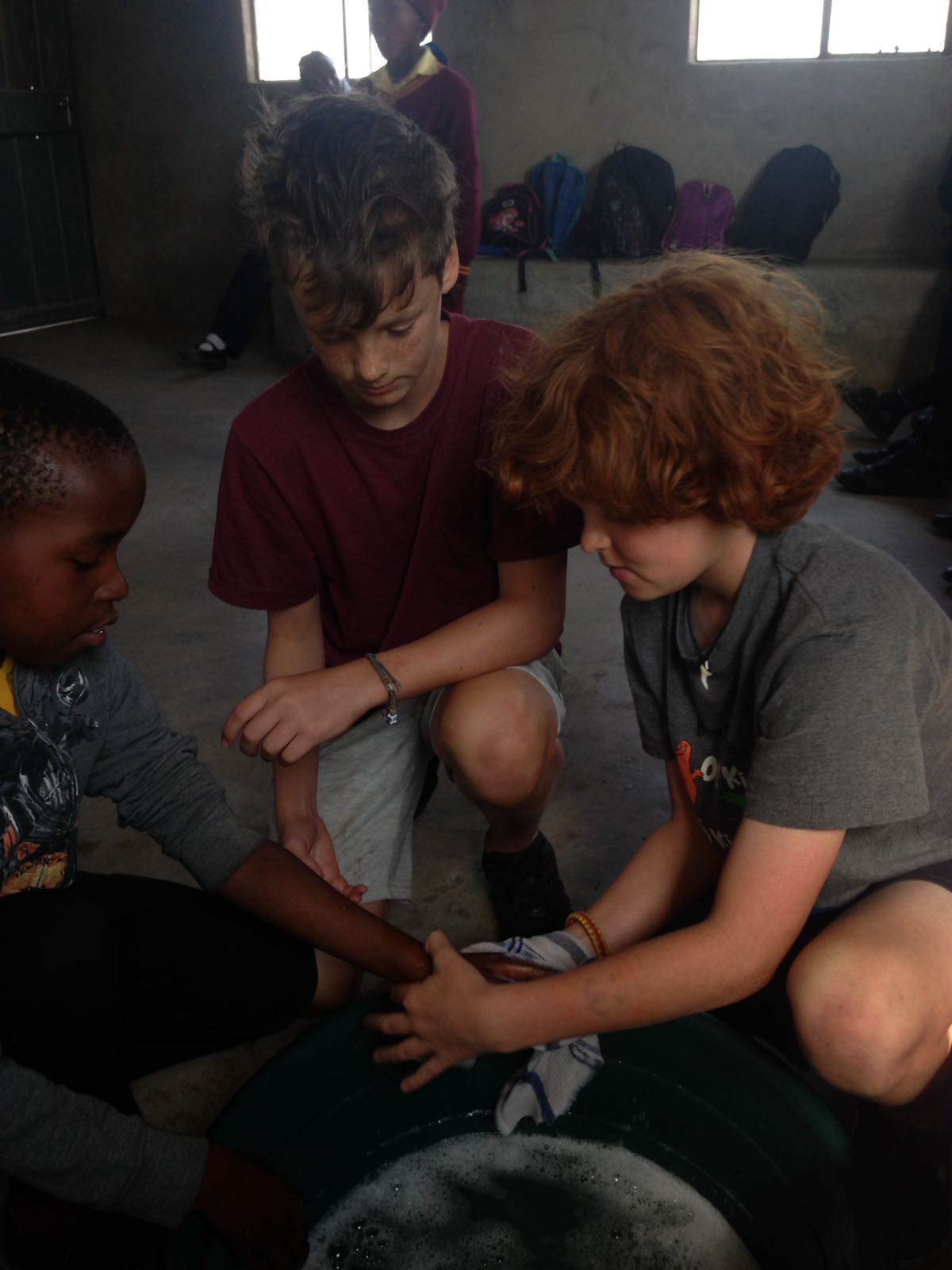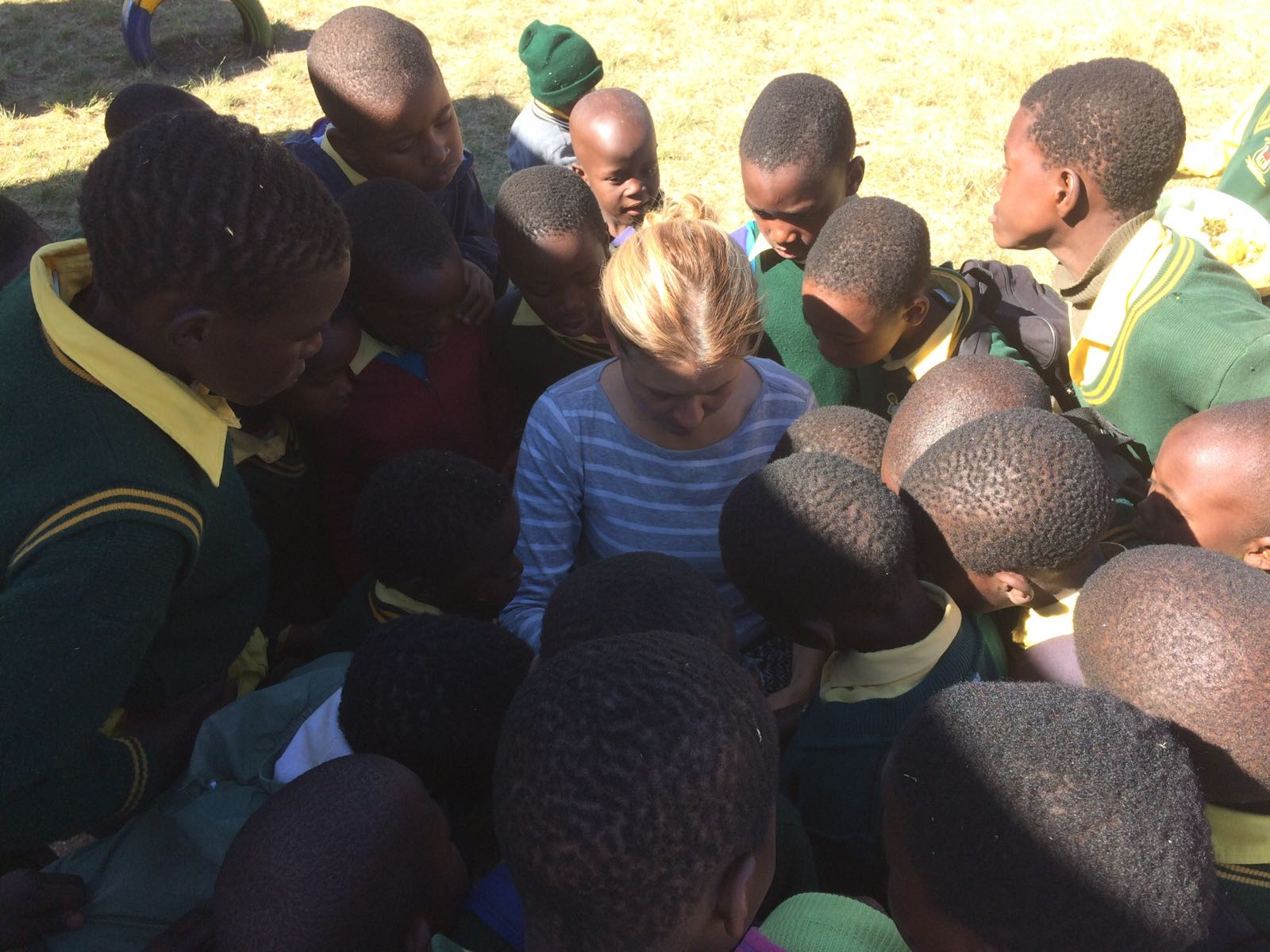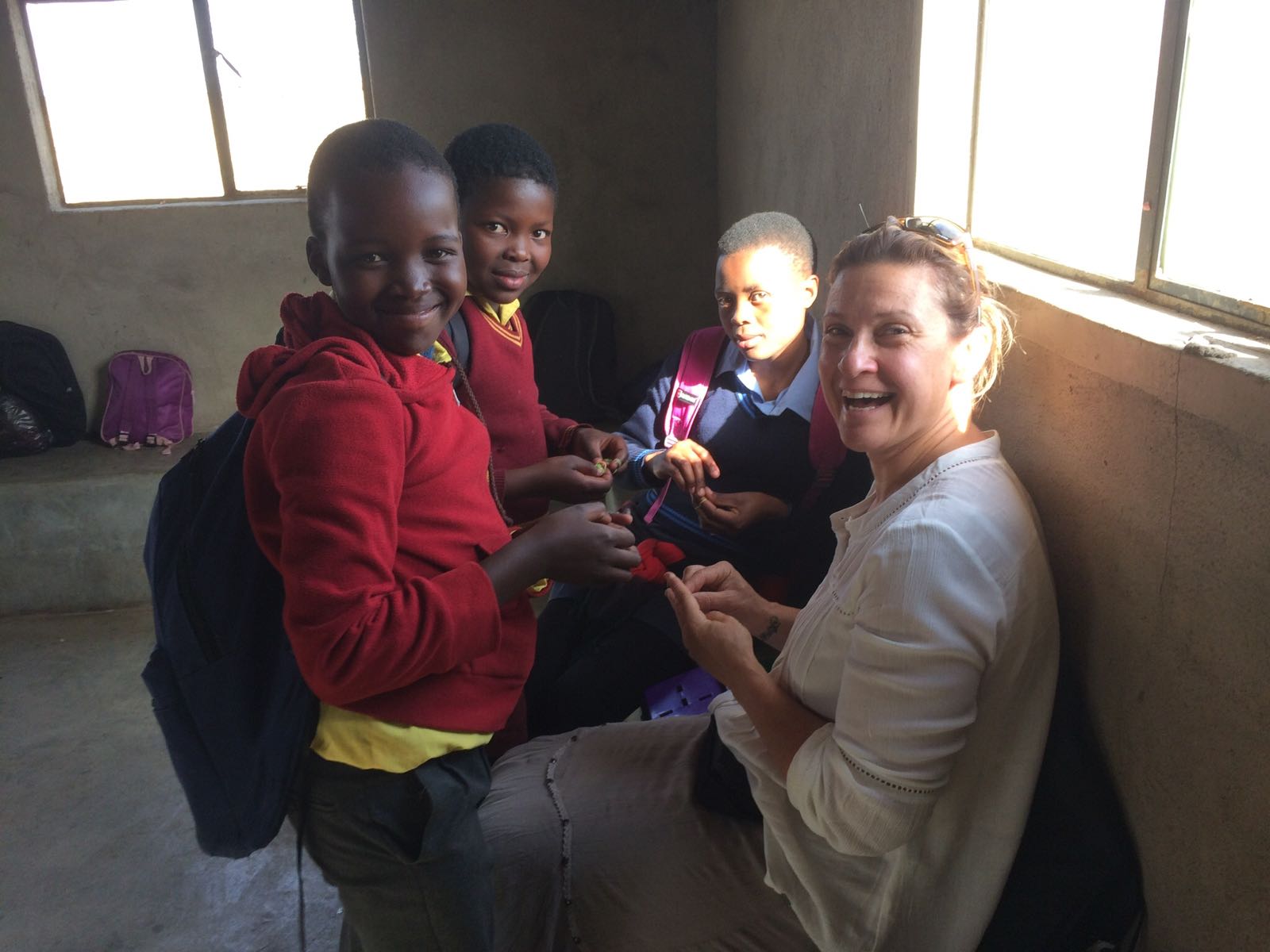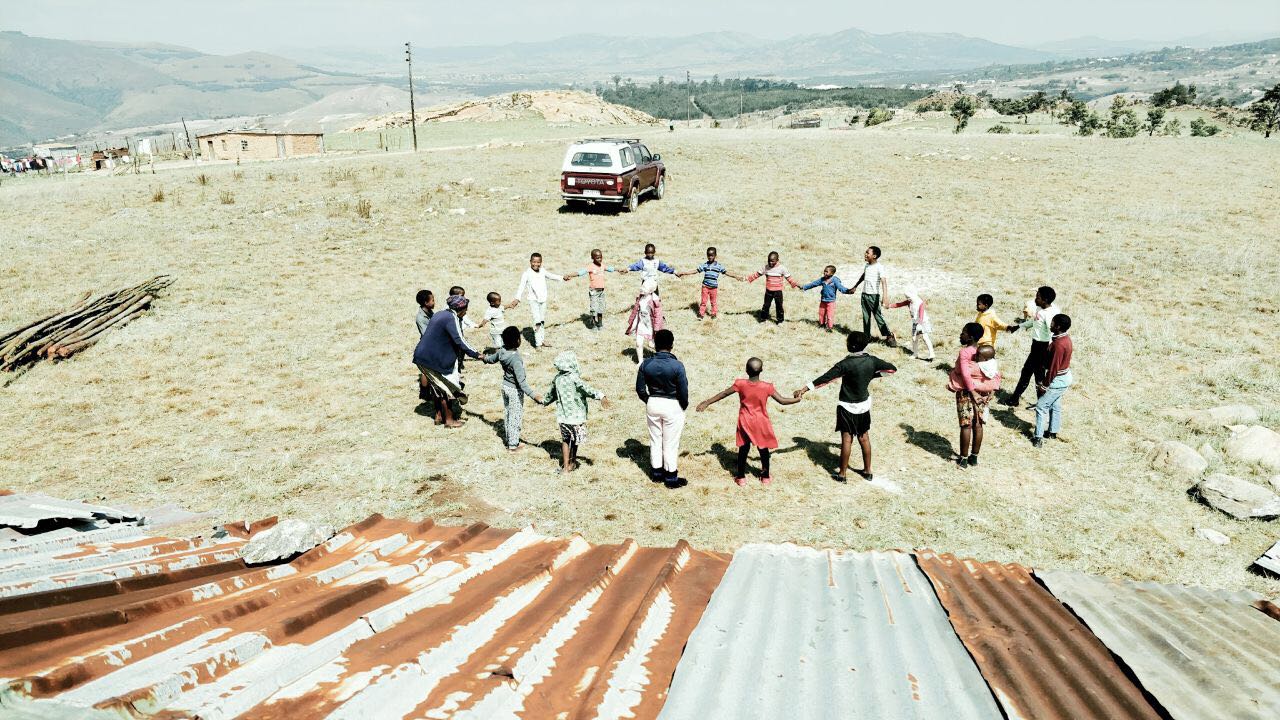Nov 26th 2017. Shame Shifting. Family and Inclusion: Genesis 16, Genesis 45.Dysfunctional family can be the source of profound shame and pain. The problem with dysfunctional family is that it can seed problems for the next generation. The book of Genesis unflinchingly describes four generations of pain and problems from Abraham through to the life of Joseph. These stories are warnings of what can go wrong in family, but also speak of the redemptive power of God to heal broken family relationships. Download Discussion notes
Shame shifting: Food & sex - David Mitchell (7PM Podcast)
Nov 19th 2017. Shame shifting: Food and sex. Genesis 3:6-13. 1 Corinthians 6:12-20. Intended for pleasure? That is the title of a Christian book about sex. Food and Sex are intended for and vital for the continuation of life. They also give pleasure, and in our affluent western culture food and sex have been intensively marketed as pleasures we all deserve; ‘naughty but nice’. In reality, food and sex create crisis points in our culture with problems ranging from obesity to anorexia. The sexual abuse of women and children, and the revelations of politicians and celebrities as sexual predators are every day news. Download discussion notes.
Testament: 10 Commandments - Love the Lord your God: John Wilcox (AM Podcast)
Nov 19th 2017. Testament. Ten Commandments: Love God. Matthew 22:36-40, Exodus 20:1-11.Jesus knew and loved the Old Testament. Its books were his scriptures. When asked about the greatest commandments he quoted from Deuteronomy 6:5 and Leviticus 19:18 (Love God, and Love your neighbour) and said the whole of the Law and Prophets (i.e. the Bible as he knew it) hung on these two sayings. The ten commandments are in many ways an articulation of these two principles. Download discussion notes.
Testament: 10 Commandments - Love the Lord your God: John Wilcox
Nov 19th 2017. Testament. Ten Commandments: Love God. Matthew 22:36-40, Exodus 20:1-11.Jesus knew and loved the Old Testament. Its books were his scriptures. When asked about the greatest commandments he quoted from Deuteronomy 6:5 and Leviticus 19:18 (Love God, and Love your neighbour) and said the whole of the Law and Prophets (i.e. the Bible as he knew it) hung on these two sayings. The ten commandments are in many ways an articulation of these two principles. Download discussion notes.
Shame shifting: Food & sex - David Mitchell
Nov 19th 2017. Shame shifting: Food and sex. Genesis 3:6-13. 1 Corinthians 6:12-20. Intended for pleasure? That is the title of a Christian book about sex. Food and Sex are intended for and vital for the continuation of life. They also give pleasure, and in our affluent western culture food and sex have been intensively marketed as pleasures we all deserve; ‘naughty but nice’. In reality, food and sex create crisis points in our culture with problems ranging from obesity to anorexia. The sexual abuse of women and children, and the revelations of politicians and celebrities as sexual predators are every day news. Download discussion notes.
Shame Shifting: Comparison trap - Clare Thompson (PM podcast)
Nov 12th Shame Shifting: Comparison trap. Comparison and competition seem fundamental to the way we human beings live in society. The Bible knows all about these things. In family life in the Old Testament comparison and rivalry are vividly expressed. In the New testament it doesn’t seem far from the lives even of those closes to Jesus, the disciples. Even at the end of John’s gospel Peter seems to be comparing himself to John or ‘the beloved disciple, ‘what about him’?
The problem with comparison is that it can make us feel diminished by the comparison, and bring us into shame. God has a different plan for us than this. Download discussion notes.
Why & how to read the Old Testament: Tim Dobson (AM podcast)
Nov 12th Luke 24:25-27, 44-45. Why & how to read the Old Testament. For many people the Old Testament is literally a closed book. Yet for Jesus himself, and the early Church, it was their scripture. Jesus quotes the Old Testament often, as do Paul and the other New testament writers. Yet for may of us today there seems to be a disconnect between ‘the God and Father of our Lord Jesus Christ’ and the requirements of God as he appears in the Old Testament. How should we read this book? Download discussion notes.
Why & how to read the Old Testament: Tim Dobson
Nov 12th Luke 24:25-27, 44-45. Why & how to read the Old Testament. For many people the Old Testament is literally a closed book. Yet for Jesus himself, and the early Church, it was their scripture. Jesus quotes the Old Testament often, as do Paul and the other New testament writers. Yet for may of us today there seems to be a disconnect between ‘the God and Father of our Lord Jesus Christ’ and the requirements of God as he appears in the Old Testament. How should we read this book? Download discussion notes.
Shame Shifting: Comparison trap - Clare Thompson
Nov 12th Shame Shifting Comparison trap. Comparison and competition seem fundamental to the way we human beings live in society. The Bible knows all about these things. In family life in the Old Testament comparison and rivalry are vividly expressed. In the New testament it doesn’t seem far from the lives even of those closes to Jesus, the disciples. Even at the end of John’s gospel Peter seems to be comparing himself to John or ‘the beloved disciple, ‘what about him’?
The problem with comparison is that it can make us feel diminished by the comparison, and bring us into shame. God has a different plan for us than this. Download discussion notes.
Prophetic Foundations, Liz Evans (7PM Podcast)
Nov 5th. Prophetic Foundations. Prophecy is a huge and often misunderstood part of the Christian life. It is interpreted by different people in different ways. Some relegate ‘prophecy’ to ‘preaching’ or standing up for justice in the name of Christ, effective de-super naturalising it. Others equate prophecy to personal words of knowledge. Other see it as dreams, vision or other revelatory supernatural experiences. Some see it as fore knowledge, others as ‘forth telling’. Download discussion notes.
Jesus Light of the World, Philip Jinadu (AM Podcast)
Nov 5th. Jesus Light of the World At this Autumnal season we are very aware of light and dark. The darkness of the winter season is mirrored by our thoughts on ‘dark powers’ in the Halloween festival. Bonfire night is a celebration; but it’s also an attempt to keep the darkness at bay. John’s gospel talks about light and darkness and Jesus is introduced as ‘the light that shines in the darkness. (John 8:12, John 9:5). Download discussion notes.
Jesus Light of the World, Philip Jinadu
Nov 5th. Jesus Light of the World At this Autumnal season we are very aware of light and dark. The darkness of the winter season is mirrored by our thoughts on ‘dark powers’ in the Halloween festival. Bonfire night is a celebration; but it’s also an attempt to keep the darkness at bay. John’s gospel talks about light and darkness and Jesus is introduced as ‘the light that shines in the darkness. (John 8:12, John 9:5). Download discussion notes.
Prophetic Foundations, Liz Evans
Nov 5th. Prophetic Foundations. Prophecy is a huge and often misunderstood part of the Christian life. It is interpreted by different people in different ways. Some relegate ‘prophecy’ to ‘preaching’ or standing up for justice in the name of Christ, effective de-super naturalising it. Others equate prophecy to personal words of knowledge. Other see it as dreams, vision or other revelatory supernatural experiences. Some see it as fore knowledge, others as ‘forth telling’. Download discussion notes.
It's beginning to look a lot like Christmas!
You may the kind of person who thinks "I Wish It Could Be Christmas Everyday". Or that it's "The Most Wonderful Time of The Year. Or perhaps even just the thought of the busy season makes you long for just a "Silent Night".
There's no denying it "Christmas Time Is Here" - "Christmas Is All Around". So, dust off those baubles and start making those lists if you haven't done already!
"Last Christmas", we had a whole series of special events to help you "Step Into Christmas". And this year we've got a whole stocking full of things too.
This Christmas, we hope you have a "Wonderful Christmas Time". More than that though, we hope you discover and rediscover Jesus amongst the busyness of a festive Christmas season.
Find out more about our Christmas events on our special Christmas at Woodlands Church page.
God Habits
The letter of John is a letter written by an elder statesman in the Church, (probably the apostle John) encouraging his flock in the face of many difficulties to hold on to things of first importance. The things John teaches have become his habit and practice through long usage. They are habits and disciplines that are transformational if we can acquire them. They form a secret history with practical outworkings
September 3rd. Prophetic call. As a young man Jeremiah saw a vision that unlocked a prophetic ministry that would span the next forty years. What does it mean for us to ‘see well’ as the Lord told Jeremiah? What is the call of God’s people to be ‘seers’, not ‘blind guides’ to those around us? As we start a new term what is God calling us individually and Woodlands as a community to be in our city.
Jeremiah 1. Download discussion notes.
Oct 8th God habits: Truthfulness. We live in an age of ‘fake news’ and image driven lifestyle communication, where Truth is a rare commodity. Jesus was so committed to truth that he said/implied that if we swore an oath instead of letting our yes be yes and our no be no it was from the evil one (father of lies) and indication that our words are not trustworthy. (matt 5:37)
John was fighting for the truth in a climate of heresy and speculative theology. He saw a link between truthful speech and truthful living (4-6) i.e. integrity which is a powerful witness to the gospel. 1 John 2: 1-5, 18-28. Download discussion notes
15th Oct. God habits: Generosity. Generosity is wonderful attractive quality. Are we known for it? In the sermon on the mount Jesus talks about things done in secret for the Father’s pleasure, including giving to the needy. The love of God and the love of our neighbour are so strongly linked that John, the apostle of love speaks about giving as a sign of loving God, and a response to the self-offering of Christ.
John sees love as a verb as well as a noun, something that acts (vv 16-20). As we care for those in need we act out the ‘family likeness’ of being God’s children. Generosity is a habit of the kingdom. If our gut reaction is to give, it also demonstrates to us, as well as to the world, that we belong to God. I John 3:10-23. Download discussion notes.
22nd Oct. God habits: Love. How do we radically love? The love of God constrains us to love one another as we obey Jesus’ new commandment. How much does fear hold us back from radical love? (v 18). Fear of rejection? Fear of hurting others if we are honest? Fear of shame and exposure if we are open?
There is a cost to true intimacy in human relationships and we need to face that cost if we are to go deep in relationships. John tells us however that there is a real connection with our ability to love the unseen God, and our love for our ‘brothers’. What does it mean for loving our brother to be a habit? How much is emotion, how much is will, choice and action, how much is accessing the grace of God? 1 John 4:7-21. Download discussion notes.
October 29th. God habits: Prayer.
The letter of John is a letter written by an elder statesman in the Church, (probably the apostle John) encouraging his flock in the face of many difficulties to hold on to things of first importance. The things John teaches have become his habit and practice through long usage. They are habits and disciplines that are transformational if we can acquire them. They form a secret history with practical outworkings 1 John 5:13-17. Download discussion notes.
Like what you've seen? Find more talks and videos on the Woodlands Church sermons & talks page.
7pm Series: Apprentice
Discipleship is arguably the main purpose of the Church, to grow disciples and make new ones (sounds a bit like ‘reproducing the life of Jesus’?). Yet most Churches would confess to a rather lukewarm discipleship in reality in the culture and practice of their Church.
September 24th Apprentice. Our new preaching series on discipleship uses a less religious word ‘Apprentice’ to remind us that discipleship is not just a cerebral or intellectual thing. Rather it is immensely practical, no less than an imitation of Jesus Himself! Mark’s gospel will be our text, but I hope there will be plenty of homework. Mark 1 v14-20. Download discussion notes.
Oct 1st Apprentice: Warfare. To be an apprentice is to imitate and be taught by the master. Jesus was a master at Spiritual Warfare! In fact Mark’s gospel from beginning to end is marked by signs of Kingdom conflict and Jesus’s followers are inevitably recruited into that warfare. It can seem crude, scary or anachronistic to think of demons and deliverance ministry, but if it is a hallmark of the ministry of Jesus, should it not be at least as much of a hallmark for His followers as praying for the sick? Mark 1:23-28; Mark 6:7 Download discussion notes.
Oct 8th Apprentice: Healing. Discipleship is arguably the main purpose of the Church, to grow disciples and make new ones (sounds a bit like ‘reproducing the life of Jesus’?). Start off with feedback from Sunday's message. What did those that were there - or those that have caught up online - take away from it? What encouraged them, what informed them and what challenged them? Spend some time discussing the response to the message and the issues that it raised. Mark 1:29-34 and 2:1-12 Download discussion notes.
15th Oct. Apprentice: Discipling. The ministry of Jesus on earth and the ministry of the Church that He left behind could be summed up as a ‘disciple making’ ministry. With all the other claims on his time and energy Jesus made a priority of equipping the 12 men he had called as disciples, in order that they could carry in his ministry, including of course ‘making disciples’. Mathew’s gospel which finishes with the great commission to his followers to ‘make disciples’ of all nations makes explicit this priority. Mark 6 charts an early stage in the disciple making process. Download discussion notes.
Oct 22nd. Apprentice: Serving
Jesus teaching on ‘greatness’ in the Kingdom of God reflects the ‘upside down kingdom’ nature of his teaching. It is not easy to stay in the mindset of servanthood being a mark of true greatness when the secular culture we live in sees greatness in very different ways. That’s perhaps why we’ve taken a word that means servant (minister) and in religious use turned it into a high status word resonant with power and authority. Mark 9:33-41. Download discussion notes
29th Oct. God habits: Prayer. Prayer is a defining habit of a follower of Jesus. Disciples say ‘teach us to pray’. John has a confidence in prayer that God hears us. Does this sort of confidence in God inspire more prayer which gives rise to more confidence?
What is the difference (if any) between God hearing our prayer and God answering our prayer? (v 14)? What is the link between asking for things that are the will of God and receiving what we ask for? How does this shape our prayer methodology? How do you think John learnt lessons in prayer over a long lifetime which included his fellow disciples being martyred and his own exile? 1 John 5: 14 & 15. Download discussion notes.
Like what you've seen? Find more talks and videos on the Woodlands Church sermons & talks page.
Hands at Work Trip Summer 2017
In August this year myself and three other mums took our sons to South Africa to visit the Hands@Work charity based in White River, South Africa.
Hands@Work is a charity we are supporting through our 9.15am service. The goal of Hands at Work is to care for orphaned and vulnerable children through its unique model of community care.
It seeks out the 50 most vulnerable children in forgotten areas of South Africa and gives each one a school uniform (you can’t attend school without one), basic health care and a daily nutritious meal. In addition, they find the women (and occasionally men) who are already caring for children and offer them a role of Care Worker. These care workers cook for the children and act as a surrogate parent for those who may otherwise be orphans. The care point offer a sanctuary for children whose lives have been blighted by AIDS and poverty.
We stayed for 10 days in total visiting the ‘Hub’ (where the charity has its HQ) before travelling to Osheok to visit some of the ‘Care points’ and meet the children and care workers. During our stay we joined in with the Care Workers jobs by helping to prepare the food the children ate and serving it. The boys in particular loved joining in with this and were delighted to be able to help fetch water, wash the children’s hands and dish up the dinner!
One of the most important aspects of Hands’ work is performing Holy Home Visits. These are similar to the visits UK schools do for children starting school. This is a vital aspect of the charity’s work as it enables them to see if there’s anything that they can help with or pray with them about.
During our time at the various Care Points we were struck by the warmth shown to the children by these amazing care workers and were privileged to be able to join in with the provision of care given to the children. In particular we were amazed and encouraged that despite unbelievable hardship there was a real sense of joy in the communities and we felt hopeful that there will be tangible improvements for these children in the future.
- Anna Anderson
Our partnership with Hands@Work will be an ongoing partnership and will involve teams of us going out to visit our community Houtbos building relationships with our wonderful care workers and individual children. There will be prayer meetings and opportunities to get more involved, whether it is giving financially, fundraising, praying or visiting on a team. One of the values of Hands at work is to make it personal, so knowing children and caseworkers by name and praying for them is really important.
For more visit www.handsatwork.org.
5th Nov Special
This Sunday is November 5th and to mark the occasion we have two very special fireworks at our services.
The first is Philip Jinadu. It's a bit rare to get him speaking at Woodies these days as Metro has absorbed so much of his energy, but this Sunday he is speaking at our special guest service on the theme of 'Jesus -light of the World'. We love the idea that Jesus calls us to reflect his light into a dark world. This Sunday morning would be a great occasion to invite guests to a service with a clear presentation of Jesus, brighter than the brightest firework party. We are also looking forward to the dedication of Noah Rowberry on Sunday morning; Ed and Caroline have quite a story to tell.
Our second firework on Sunday evening is our preacher Liz Evans. Liz is one of the most distinctive 'prophets' I know, and I'm grateful for her involvement in woodies these days. She teaches and equips the Church in prophetic ministry, but she also takes this ministry into the marketplace and is the founder of the 'Feel good cafes' that operate out of Costa coffee shops in Bath & Bristol bringing prophetic evangelism into the heart of those cities.
God habits: Prayer - Rob Scott-Cook (AM podcast)
October 29th. God habits: Prayer.
The letter of John is a letter written by an elder statesman in the Church, (probably the apostle John) encouraging his flock in the face of many difficulties to hold on to things of first importance. The things John teaches have become his habit and practice through long usage. They are habits and disciplines that are transformational if we can acquire them. They form a secret history with practical outworkings 1 John 5:13-17. Download discussion notes.
Apprentice: Praying - Rachel Riddall (7pm Podcast)
29th Oct. God habits: Prayer
Prayer is a defining habit of a follower of Jesus. Disciples say ‘teach us to pray’. John has a confidence in prayer that God hears us. Does this sort of confidence in God inspire more prayer which gives rise to more confidence?
What is the difference (if any) between God hearing our prayer and God answering our prayer? (v 14)? What is the link between asking for things that are the will of God and receiving what we ask for? How does this shape our prayer methodology? How do you think John learnt lessons in prayer over a long lifetime which included his fellow disciples being martyred and his own exile? 1 John 5: 14 & 15. Download discussion notes.



















